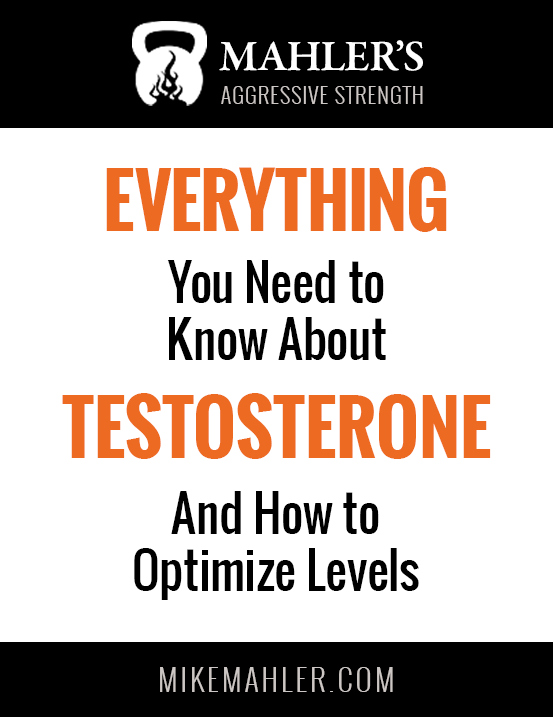Most of life is on-the-job training. Some of the most important things can only be learned in the process of doing them. You do something and you get feedback–about what works and what doesn’t. If you don’t do anything for fear of doing it wrong, poorly, or badly, you never get any feedback, and therefore you never get to improve. — Jack Canfield
An interesting thing about good advice is that it’ doesn’t usually benefit the recipient unless he has enough life experience to comprehend the value. For instance, until I’d made every marketing mistake in the book, I didn’t grasp the importance of researching effective marketing strategies and seeking advice from excellent marketers. Part of learning what works is learning what doesn’t work and when I bitterly understood the results of ineffective marketing strategy, I became an empty glass, thirsty to fill myself with productive marketing skills.
When you don’t understand the value of the advice given, it doesn’t matter how great it is, you simply aren’t ready for the message. You’ve got to earn the ability to assimilate advice in order to benefit from it. The most impeccable system for mastering calculus is meaningless if you haven’t yet taken algebra and geometry. Calculus is way too advanced for you; you’re not ready. Once you start the calculus course and begin struggling to achieve, you’ll be receptive to advice.
Generally, when things are going well (or at least we think they’re going well) we’re less open to advice. Try giving advice to someone who’s just begun strength training and you’ll know what I mean–remember when you first started training? In the first months trainees can make terrific progress on just about any program, so at this stage they typically aren’t open to any advice, thinking they know what they’re doing and that infinite progress is theirs. However, once their progress slogs down to nothing or, worse, they’re injured, trainees may finally realize they don’t have all the answers after all. Not only are they now open to advice, they’ll actively seek it to get back on track…that, or they give up.
Of course, seeking advice doesn’t mean you’re ready to receive advice. Often, advice-seekers attempt to postpone the inevitable while they safely remain in research mode. They tell themselves when they’ve done enough research and heard enough advice, they’ll take some kind of action. The problem is no amount of advice or research is ever enough. No matter the exceptional advice they’re given, they imagine they need still more. No matter how much research they do, they suffer a need to do still more. Somehow these people think if they can just secure enough advice, and carry out enough research, they’re safe from making mistakes. The fear of making mistakes is the fundamental reason so many people neither grow nor find their success; their anxieties about hard work and failure delay necessary action. The results? Their fears come to fruition.
Making mistakes–and lots of them–is simply part of the learning process. Everybody remembers NBA great Michael Jordan as an incredible player yet his only record is for the most missed. shots. ever. Michael risked more shots than any other player, thus missing more shots than anyone. However, he scored lots of shots, which is what people remember. He wasn’t afraid to miss, realizing the more chances taken, the more chances for success; he’d never have made all those shots without the record misses. For analogy, who would you rather be: a salesperson who makes a single call with a single success, or a salesperson making one thousand calls resulting in one hundred sales? The former has a 100% closing rate, while the latter has only 10%, but we must look at results, not percentages. The second salesman closed one hundred deals while the first guy only closed one! I guarantee the second sales guy learned more on his way up, thereby being more open and more able to improve and benefit from meaningful advice. The first salesman, with his 100% closing rate, is unlikely to be open to advice. Again, experience is the magic ingredient so crucial to valuing timely advice.
I used to believe people who paid for advice valued it most, but since, I’ve witnessed thousands of people getting great results simply by reading my free articles while clients paying me for online consultations take neither me nor themselves seriously, ending up dissatisfied with their lack of (desirable) results. Some people think spending money for advice is a sure thing, but it means nothing if you’re not following through, i.e., if you don’t value the money you’ve spent on advice, neither will you value the advice given. Or perhaps you’re one of those reaping the benefits of collecting the great free advice available out there, all because of your receptivity and right mindset.
The bottom line: there’s a right time and place to benefit from advice. If you’re not in that time and place, no benefit. You must earn the right to a receptive mind.
So, before asking anyone for advice, make sure you’re worthy to receive it.

